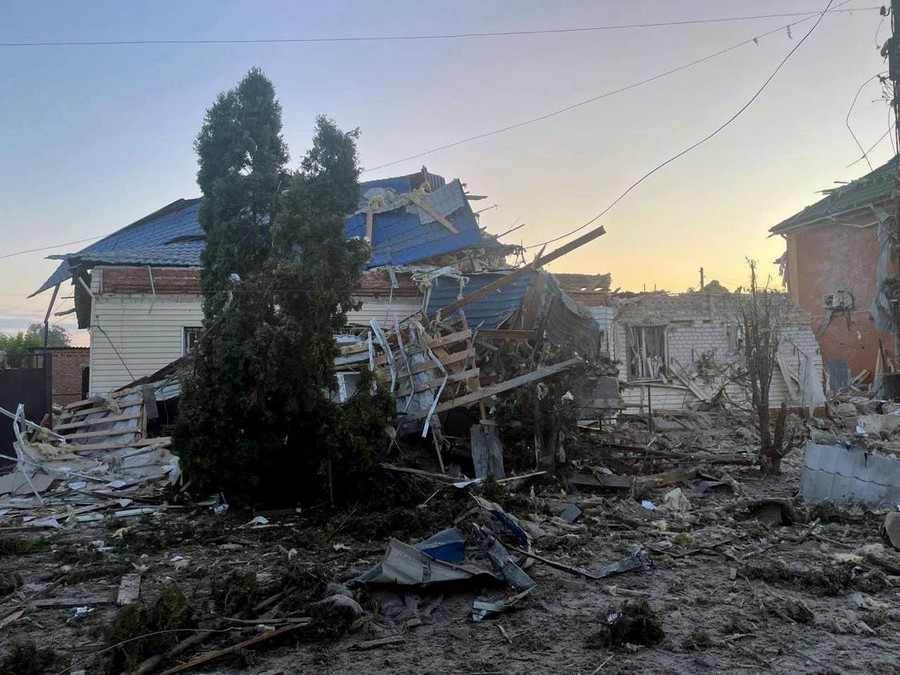For the third consecutive day, intense battles have been raging between Russian and Ukrainian armed forces in Russia’s Kursk region. Despite recent indications from both sides that progress toward a ceasefire might be achievable by fall, military escalation continues, with combat operations extending into Russian territory.
The United States has expressed opposition to such a scenario, warning the Ukrainian side against it. However, the American political elite is preoccupied with the upcoming presidential elections. No matter how crucial the Russia-Ukraine conflict is, they are not inclined to engage deeply with it at this time. President Joe Biden, likely due to health concerns, has also been relatively inactive on this front. If they lack the bandwidth to focus on Ukraine, it is even less likely that they will turn their attention to the South Caucasus—a situation that certainly does not work in our favor.
The situation in our region is equally tense. Iran is reportedly preparing to retaliate against Israel following the assassination of a Hamas political leader in Tehran, allegedly by an Israeli missile strike. It is also possible that Putin will attempt to negotiate with the West, seeking concessions on the Ukraine issue in exchange for persuading Iran to “moderate” its response to Israel’s actions.
In these circumstances, it would be logical for our diplomats to maintain intensive contact with their counterparts in Iran, Russia, the U.S., and even Turkey and Azerbaijan. However, I doubt such contacts are taking place.
Read also
The fact that our high-ranking officials are on vacation during this dramatic moment is, unfortunately, evidence of our “independence”—in the sense that nothing actually depends on us or our diplomacy.
Aram Abrahamyan



















































